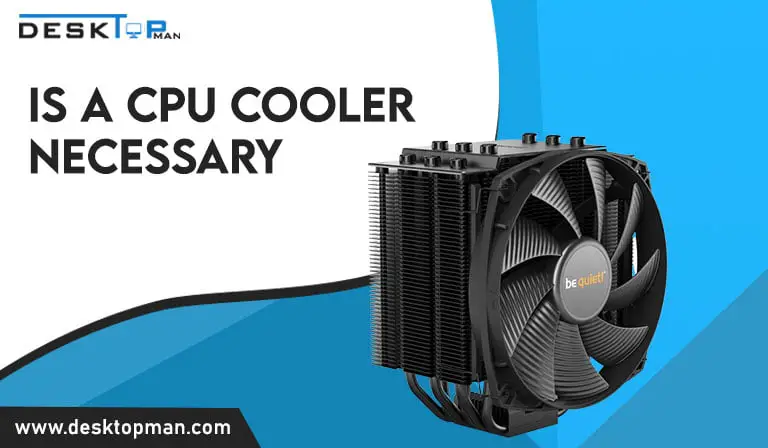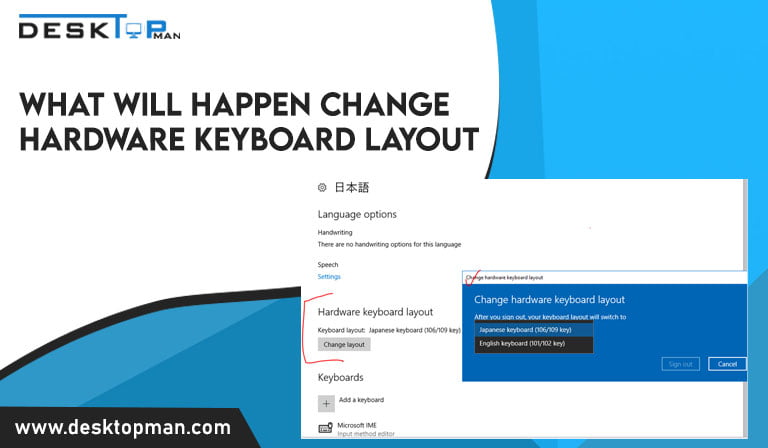Why is my CPU so hot
Often we are left wondering why is my cpu so hot. If your PC appears warm to the touch, the fans are spinning loudly, or you’re experiencing sudden blackouts, display glitches, or the dreaded blue screen failures, it’s overheated. When conducting resource-intensive tasks like gaming or video editing, CPU overheating is more likely to occur. Overheating is a problem with all gadgets. Most PCs contain components for heat dispersion and ventilation to prevent overheating, and this may be exceedingly destructive to both software and hardware. hence you must clean your cpu occasionally to avoid dust particles .
You may have too many browser tabs open, or you may be undertaking heavy tasks like playing games, editing multimedia files, or watching films online if your computer feels hot or the fan becomes loud.
How hot can my CPU be?
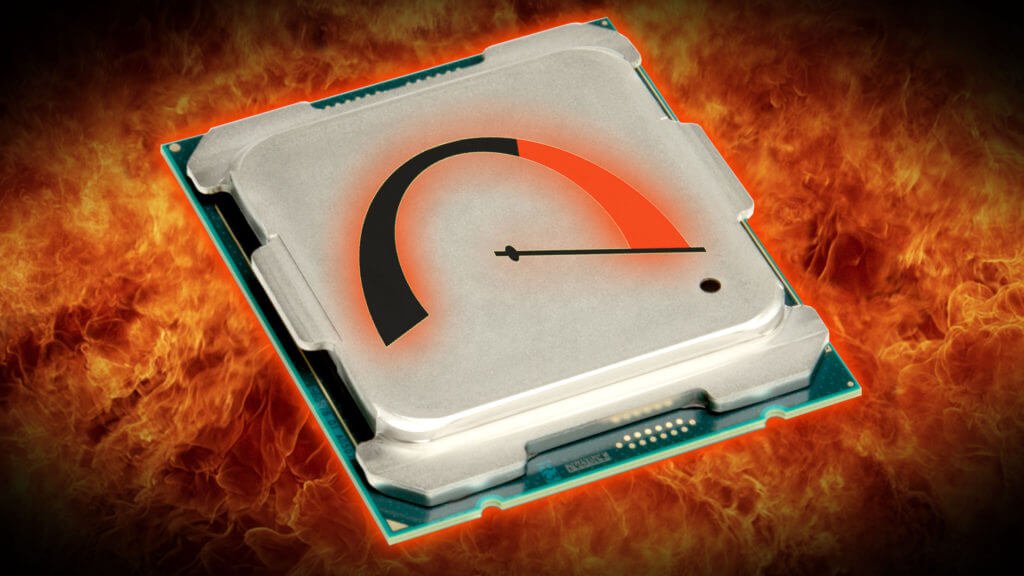
Pc processors are built to operate at very high temperatures, so it’s quite natural for them to heat up and get rather heated. Temperatures of well over 200 degrees Fahrenheit are often tolerated. Often cpu one core hotter than other Because one core of a multi-core CPU is surrounded by others, it runs hotter than the others due to less ventilation. However, any core temperature differential is not normal, and you should be concerned if one core is 10 degrees higher than the others.
While under intense CPU stress, standard temps are between 158°F (70°C) and 176°F (80°C). However, the more effective your cooling system is and the lower your CPU temperature is when it is under stress, the better. If you can get your CPU to 114°F (46°C) when under stress, that’s amazing.
Why is my CPU overheating?
There are several reasons for your CPU to be overheating, it can as cpu overheating on boot or cpu hot on startup. In any case, it is very important to know the reasons before moving on to the solutions. Multiple reasons commonly contribute to computer overheating. Dust may clog fans and cause the CPU or GPU to overheat if it is allowed to accumulate over time. Too many apps running at the same time might cause the fans to overheat, and if this happens frequently enough, the fans may cease operating. you can further check out how many cores the cpu has which can help in determining how well it will perform in benchmarks.
Here are a few of the reasons:
- There are too many processes and programs operating at the same time.
- Applications that don’t respond
- There are too many tabs open in your browser.
- Fans with flaws
- Vents that are clogged
- Software that is no longer supported
- Viruses and other malicious software
- CPU or GPU overheating
- Dust accumulation on your computer’s fans and vents
How to check if your CPU is overheating?
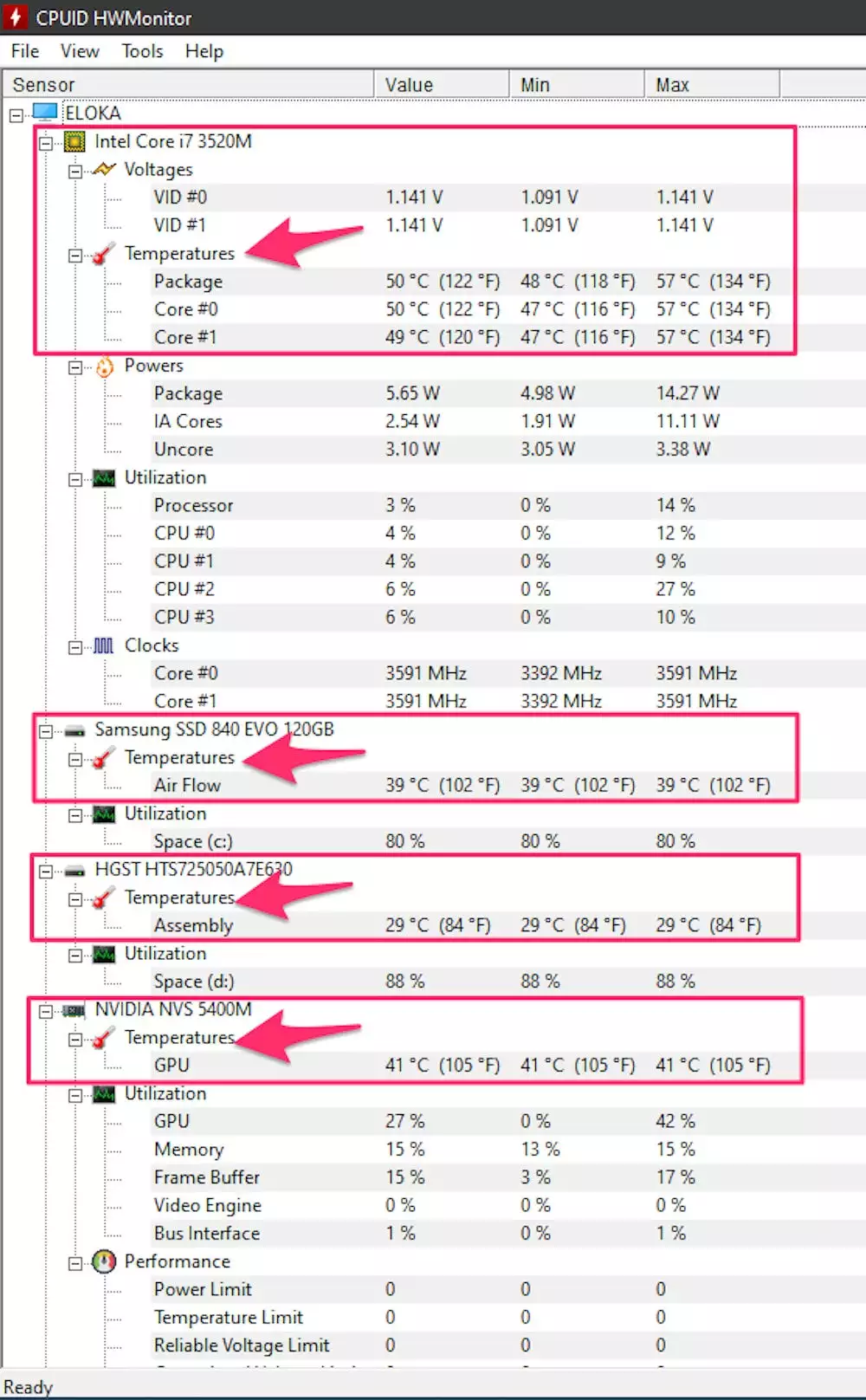
Visual inspection is the quickest way to discover whether your computer fan has stopped operating. You can generally see the fan whirling on the back of the case if it’s a desktop computer. If the fan is not moving, you must replace it right away before continuing to use your computer. A fan that is particularly loud or makes odd noises should be replaced. When in doubt, place your palm over the computer’s air vents and feel if the air is moving out of the machine.
Thermal protection is integrated into most CPUs, which shuts down the computer if it becomes too hot. It might be a sign of a malfunctioning casing or CPU fan if your computer keeps shutting down or not starting up properly.
You can also test the temperature by restarting your computer and hitting the correct button on your screen during startup to access the BIOS settings. Once within the BIOS, you’ll generally find a menu choice that shows the CPU temperature. Most CPUs have a maximum temperature of 80 degrees Celsius, so any readings should be much below that.
you can also check the cpu usage on mac , learn how to from our article.
When you switch on a computer with a faulty CPU, it will not go through the normal “boot-up” routine. The fans and disk drive may be spinning, but the screen may be entirely blank. The computer will not respond to any keypresses or mouse clicks. Because the CPU is such a little component, it typically works or doesn’t; nonetheless, a malfunctioning CPU might generate a “blue screen,” which is a display of technical information with white text on a blue backdrop. The blue screen may occur just after you switch on the computer or it may show while you’re working.
How to cool down your computer?
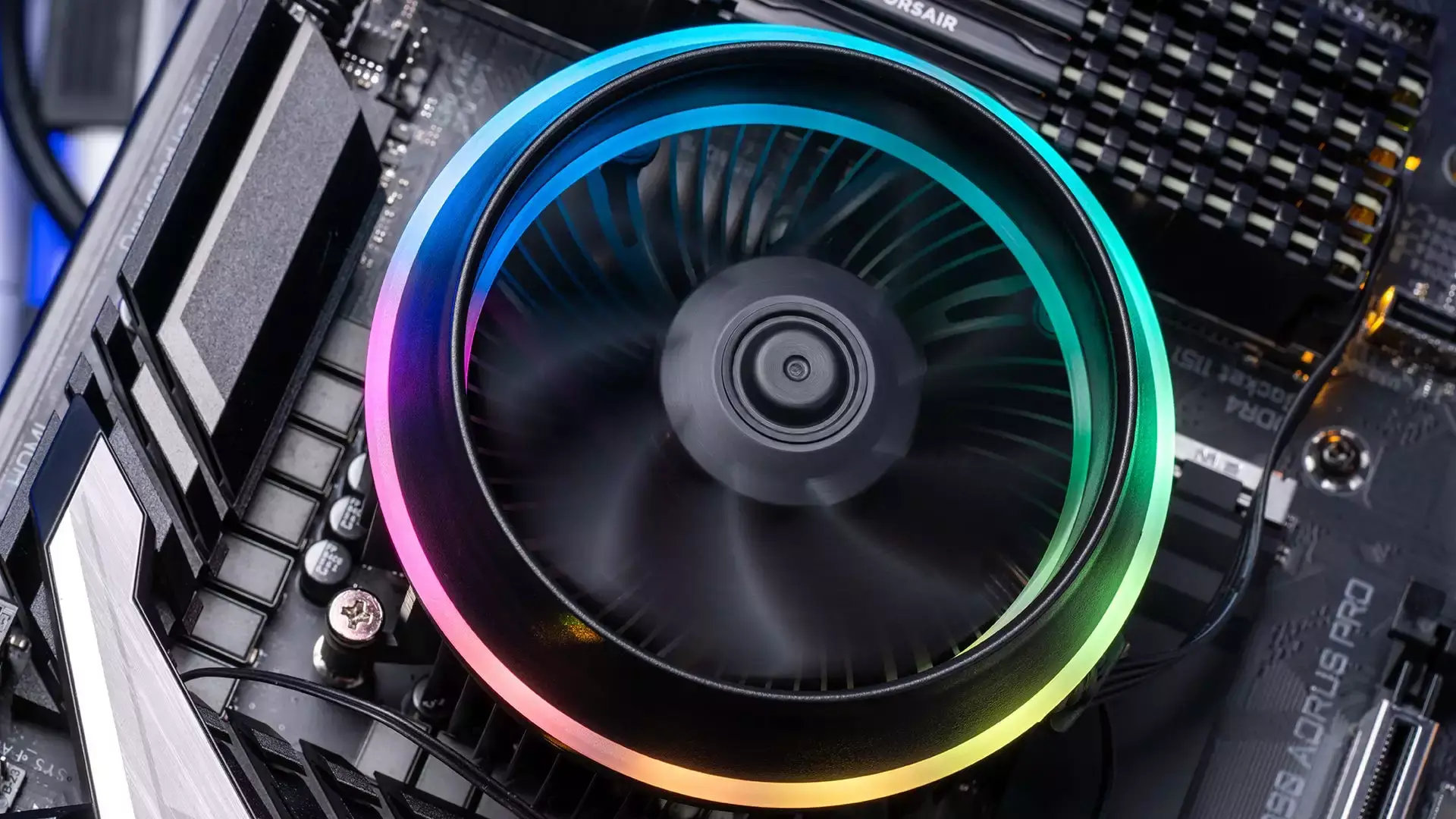
The easiest approach to cool down your computer is to figure out why it’s overheating in the first place. Once you’ve figured out what’s causing the overheating, you may decide whether you need to physically clean your PC, enhance ventilation, or remove certain browser tabs.
- If you place your laptop on a soft surface, such as a bed or couch, the vents may become blocked. Your computer should cool down if you use a table or a lap desk. To stay cool, desktop computers require adequate ventilation. Place your PC on a hard, sturdy surface with lots of room around it, rather than in a cabinet or on a carpet.
- You might need to spend a little time away from your PC to cool down on its own if the fans are working. However, if your computer is running hot and the fans aren’t operating correctly or are excessively noisy, it’s possible that they’re obstructed or malfunctioning.
- Cleaning your computer might help you cool it down. Cleaning a PC of dust, grime, and other particles may increase speed, performance, and airflow all at the same time. If you haven’t cleaned your computer in at least six months, it’s time to do so.
- Use a cooling pad that blasts air upwards into your laptop’s vents if your laptop is prone to overheating.
- Use a free PC cleaner from a trusted vendor to help maintain your computer’s operating system clean.
- You might also try turning off your gadget and leaving it unplugged for a few hours.
- Thermal paste is a heat-conductive compound that connects the CPU or GPU to metal heat sinks, allowing heat to be dissipated and your PC to stay cool. Thermal paste might dry out over time, especially if you often exceed your PC’s inherent limits. Reapplying thermal paste can be a good way to keep your PC cool
Why is my CPU so hot: Conclusion
Maintaining your CPU’s safe operating temperatures is critical to your computer’s functionality and lifetime hence it is important that you know why is my CPU so hot, and how to repair it

